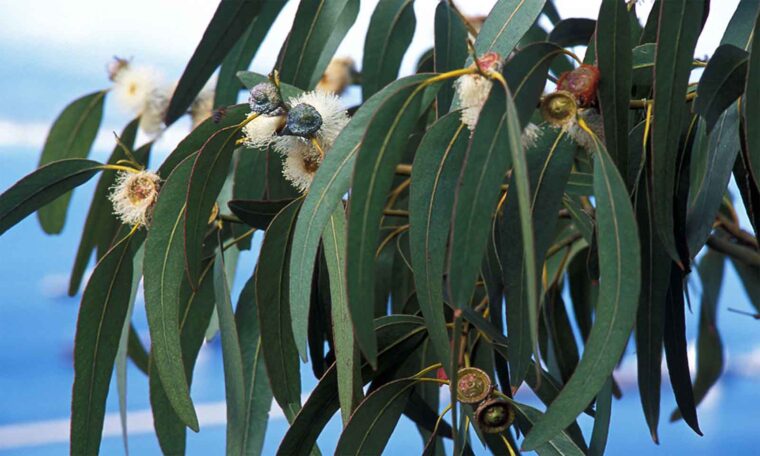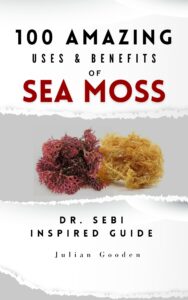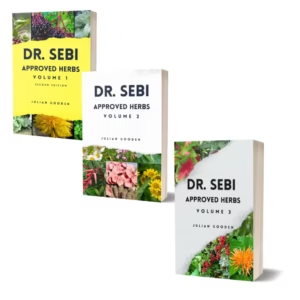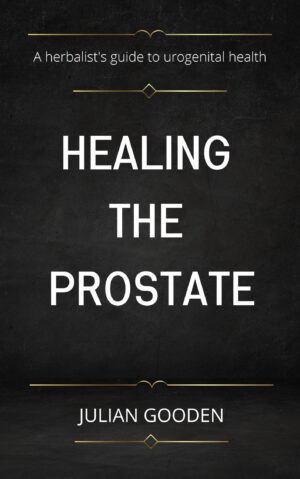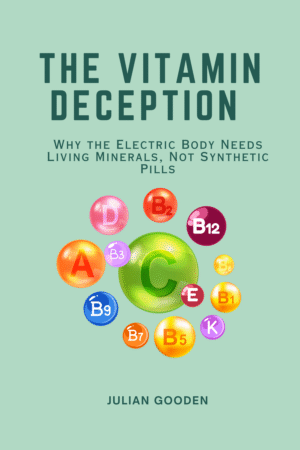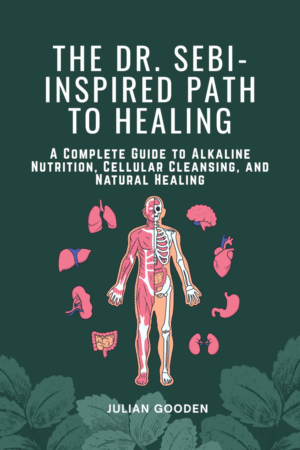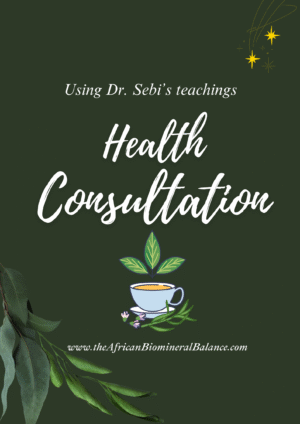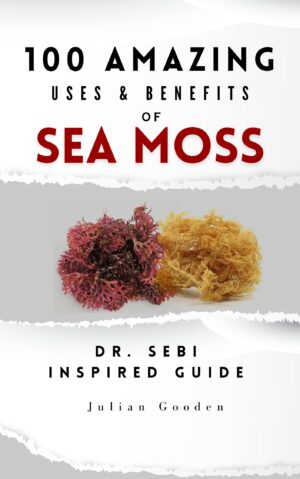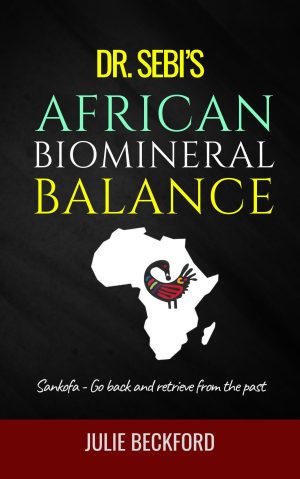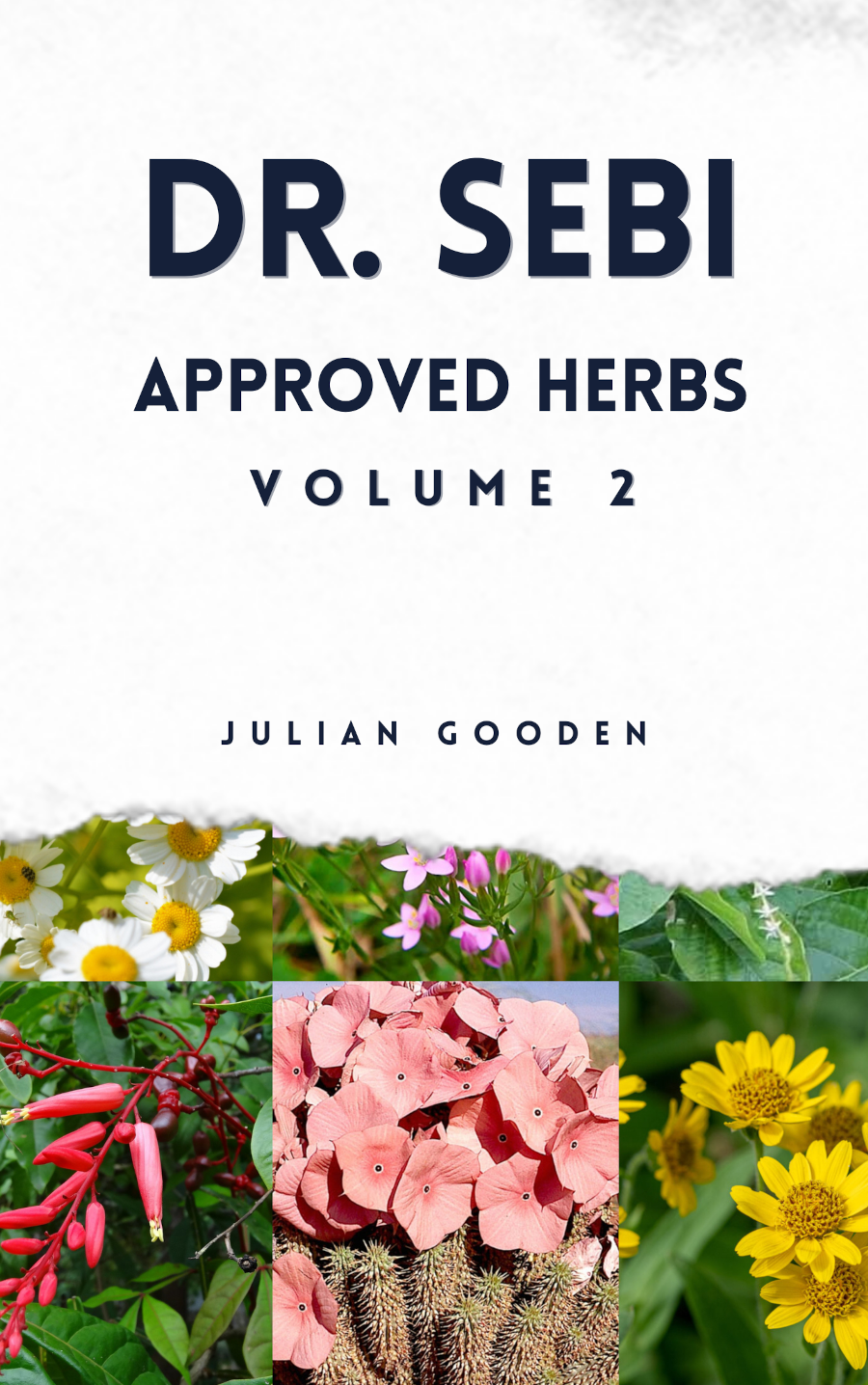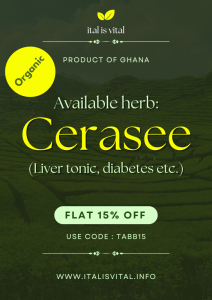These herbs, endorsed by Dr. Sebi, are traditionally used to support respiratory health, including the lungs, throat, sinuses, and bronchi. They appear in his teachings, herbal formulas, and product references.
- Eucalyptus (Eucalyptus globulus)
- Actions: Expectorant, antimicrobial, decongestant.
- Uses: Clears mucus, eases sinus and chest congestion, supports easier breathing.
- Reference: Eucalyptus is widely recognized for its decongestant properties, often used in steam inhalations for respiratory relief (Hoffmann, 2003).
- Chaparral (Larrea tridentata)
- Actions: Antioxidant, anti-inflammatory, lung detoxifier.
- Uses: Removes toxins and excess mucus from the respiratory tract, supports lung cleansing.
- Reference: Chaparral’s detoxifying effects are noted in traditional herbalism for respiratory support (Tierra, 1988).
- Mullein (Verbascum thapsus)
- Actions: Expectorant, demulcent, soothing to mucous membranes.
- Uses: Loosens and expels mucus, calms irritated lungs, supports asthma and bronchitis relief.
- Reference: Mullein is a well-documented herb for soothing respiratory tissues (Grieve, 1931).
- Cordoncillo Negro (Piper aduncum / Piper amalago)
- Actions: Antimicrobial, anti-inflammatory.
- Uses: Clears chest and sinus infections, eases cough, supports overall respiratory health.
- Reference: Traditional use in Central and South American herbalism highlights its antimicrobial properties (Balick & Arvigo, 2015).
- Elderberry & Elderflower (Sambucus spp.)
- Actions: Antimicrobial, immune supportive, decongestant.
- Uses: Useful for colds, flu, sinus infections, and lung congestion.
- Reference: Elderberry’s antimicrobial properties are supported by modern studies for respiratory infections (Zakay-Rones et al., 2004).
- Linden Flower (Tilia spp.)
- Actions: Relaxant, expectorant, anti-inflammatory.
- Uses: Helps ease coughs, sore throats, chest tightness, and respiratory irritation.
- Reference: Linden is traditionally used for its calming and expectorant effects on the respiratory system (Hoffmann, 2003).
- Stinging Nettle (Urtica dioica)
- Actions: Anti-inflammatory, nutritive, decongestant.
- Uses: Clears mucus, strengthens lungs, supports immune and overall respiratory health.
- Reference: Nettle’s anti-inflammatory properties are noted for respiratory support (Bone & Mills, 2013).
- Irish Moss / Sea Moss (Chondrus crispus)
- Actions: Demulcent, soothing, mineral-rich.
- Uses: Soothes mucous membranes of lungs and throat, helps break down mucus.
- Reference: Irish moss is traditionally used for its soothing effects on mucous membranes (Grieve, 1931).
- Damiana (Turnera diffusa)
- Actions: Mild expectorant, bronchodilator, relaxant.
- Uses: Opens the airways, eases breathing, relaxes chest muscles.
- Reference: Damiana’s bronchodilator properties are noted in herbal traditions (Tierra, 1988).
- Anamu (Petiveria alliacea – Guinea Hen Weed)
- Actions: Antimicrobial, expectorant, immune stimulant.
- Uses: Clears chest infections, reduces mucus buildup, strengthens the lungs.
- Reference: Anamu is used in traditional Caribbean herbalism for respiratory health (Balick & Arvigo, 2015).
- Wild Thyme (Thymus serpyllum)
- Actions: Antimicrobial, antitussive, expectorant.
- Uses: Helps clear infections, soothes coughs, loosens phlegm, supports bronchial health.
- Reference: Thyme’s antimicrobial and expectorant properties are well-documented (Hoffmann, 2003).
- Ginger (Zingiber officinale)
- Actions: Warming stimulant, anti-inflammatory, antimicrobial.
- Uses: Helps relieve congestion, soothes sore throats, improves circulation, supports respiratory comfort.
- Reference: Ginger’s warming and anti-inflammatory effects are widely recognized for respiratory support (Bone & Mills, 2013).
Common Dr. Sebi Formulas for Respiratory Health
-
Banju Tonic – contained herbs to cleanse mucus from the brain, lungs, and sinuses.
- Viento – included energizing and lung-supporting herbs.
- Lymphalin – supported the immune and lymphatic systems, helping reduce excess mucus.
References
- Balick, M. J., & Arvigo, R. (2015). Messages from the Gods: A Guide to the Useful Plants of Belize. Oxford University Press.
- Bone, K., & Mills, S. (2013). Principles and Practice of Phytotherapy: Modern Herbal Medicine. Elsevier Health Sciences.
- Grieve, M. (1931). A Modern Herbal. Penguin Books.
- Hoffmann, D. (2003). Medical Herbalism: The Science and Practice of Herbal Medicine. Healing Arts Press.
- Tierra, M. (1988). Planetary Herbology. Lotus Press.
- Zakay-Rones, Z., Thom, E., Wollan, T., & Wadstein, J. (2004). Randomized study of the efficacy and safety of oral elderberry extract in the treatment of influenza A and B virus infections. Journal of International Medical Research, 32(2), 132–140.
